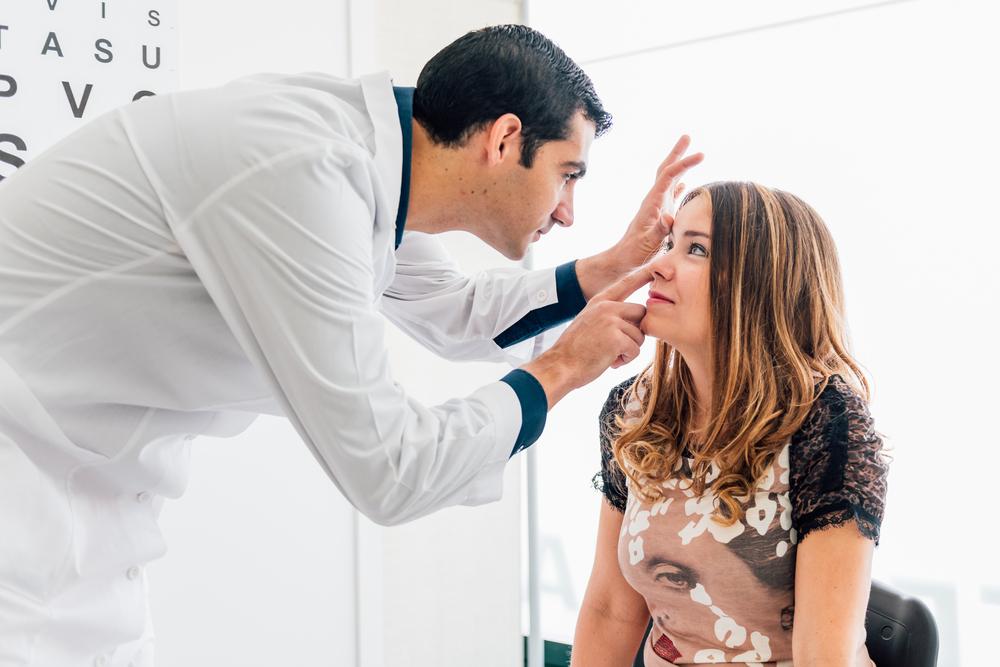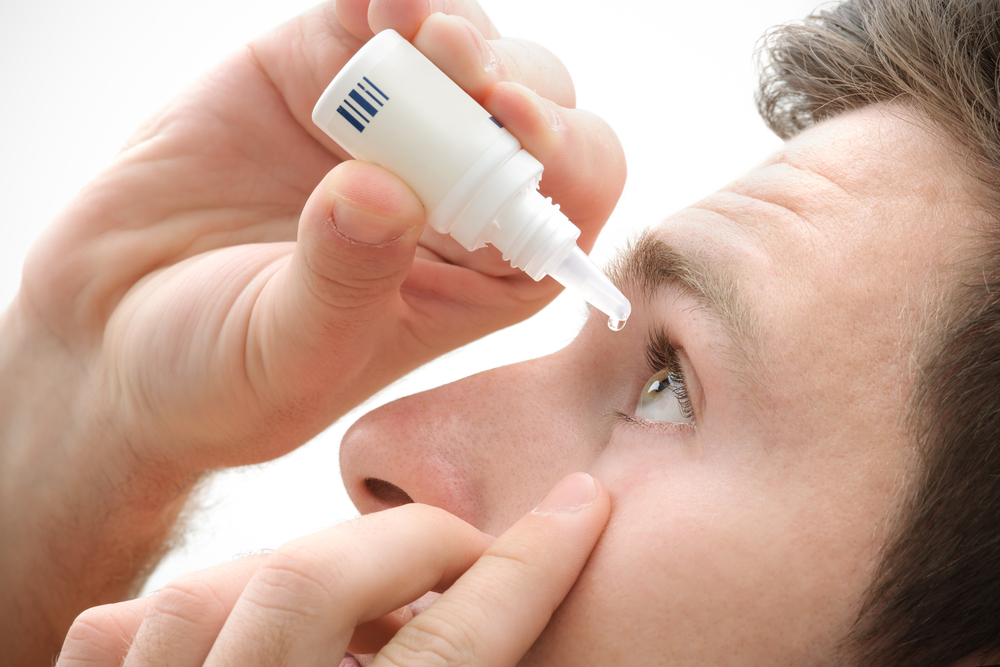Comprehensive Guide with 5 Essential Tips to Keep Your Eyes Healthy and Sharp
This comprehensive guide provides over 1500 words of practical tips for maintaining healthy eyes. It covers essential nutrition, quitting smoking, protective sunglasses, routine eye exams, and reducing eye strain. By adopting these scientifically-backed habits, you can effectively safeguard your vision from common age-related and environmental risks, ensuring clear sight and eye health for years to come. Perfect for anyone looking to improve their eye care routine and prevent future eye problems.

Comprehensive Guide with 5 Essential Tips to Keep Your Eyes Healthy and Sharp
Essential Strategies for Preserving Vision and Maintaining Eye Wellness
Our eyes serve as the windows to the world, allowing us to experience the beauty, vibrancy, and nuances of life. Yet, many underestimate the importance of proper eye care, especially in today's digital era where screens dominate daily activities. Frequent exposure to screens and environmental stressors, coupled with unhealthy lifestyle choices, can deteriorate eye health over time. Just as you prioritize regular health checkups and dental visits, routine eye examinations by ophthalmologists are crucial for early detection and prevention of eye-related conditions. Alongside medical consultations, adopting healthy habits can significantly mitigate risks and promote long-term vision health. In this detailed guide, we'll explore over 1500 words of practical, science-backed tips to help you maintain healthy eyes, prevent common eye ailments, and enjoy clear vision for years to come.
Prioritize Nutritional Intake for Optimal Eye Health
Nutrition plays a pivotal role in maintaining healthy eyesight. Consuming a well-balanced diet rich in specific nutrients can prevent or slow down the progression of many eye conditions. A colorful array of fresh vegetables such as spinach, kale, and carrots supplies lutein and zeaxanthin—antioxidants known to filter harmful high-energy light waves and protect retinal cells. Fruits like berries and oranges provide vitamin C, which has antioxidant properties that combat oxidative stress in eye tissues. Legumes, beans, and whole grains supply essential vitamins and minerals, including zinc, which supports the retina and helps lower the risk of age-related macular degeneration (AMD). Omega-3 fatty acids, abundant in fatty fish like salmon, tuna, mackerel, sardines, and halibut, are vital for retinal health and can reduce dry eye syndrome. Including eggs, poultry, and beef in your diet supplies zinc and vitamin A, critical for night vision and overall eye health. Developing nutritious eating habits not only safeguards your vision but also protects against systemic conditions such as obesity and diabetes—both major contributors to eye health deterioration.
Cease Smoking to Protect Your Eyes
Smoking remains a significant risk factor for numerous health problems, with well-documented adverse effects on eye health. Smokers are at higher risk for developing conditions such as cataracts, age-related macular degeneration (AMD), dry eye syndrome, and optic nerve damage. The toxic chemicals in cigarette smoke accelerate oxidative stress and damage retinal cells, impeding vision. Quitting smoking can dramatically decrease these risks and improve overall health. If you find it challenging to quit independently, seek professional guidance through counseling, nicotine replacement therapy, or support groups. Remember, quitting smoking not only benefits your lungs and heart but also plays a crucial role in preserving your sight for the future.
Always Wear Protective Sunglasses
Ultraviolet (UV) radiation from sunlight is a major environmental factor contributing to various eye diseases, including cataracts and AMD. Not all sunglasses provide equal protection; ensure that your sunglasses block 99-100% of UVA and UVB rays. Proper sunglasses shield your eyes from harmful rays, especially during peak sunlight hours. If you spend significant time outdoors, consider wraparound styles for maximum coverage. For those who drive frequently, polarized lenses are effective at reducing glare, which enhances visual clarity and reduces eye strain. UV protection is an inexpensive yet vital safeguard against long-term eye damage, ensuring your vision remains clear and healthy.
Schedule Regular Comprehensive Eye Examinations
Routine eye exams are essential for early diagnosis and intervention of eye diseases, many of which are asymptomatic until advanced stages. An annual eye examination allows ophthalmologists to detect conditions like glaucoma, diabetic retinopathy, cataracts, and AMD before they cause irreversible damage. These exams typically include tests for visual acuity, intraocular pressure, retinal health, and ocular surface condition. Moreover, modern eye exams can often detect systemic health issues like hypertension and diabetes, which can impact eye health. Many health insurance plans, including those under the Affordable Care Act and Medicare, cover comprehensive eye examinations and associated treatments. Regular checkups combined with prompt treatment can preserve vision and prevent significant visual impairment.
Implement Strategies to Reduce Eye Strain and Fatigue
Prolonged exposure to digital screens is a universal problem affecting people across all age groups. Symptoms include dryness, blurred vision, headaches, eye fatigue, and neck discomfort. To combat this, adopt the 20-20-20 rule: every 20 minutes, take a 20-second break and look at something 20 feet away. This practice relaxes the focusing muscles of your eyes and reduces fatigue. Adjust monitor brightness and contrast to comfortable levels; avoid glare from windows or overhead lights. Position your screen at eye level and slightly below to maintain proper neck and eye posture. If possible, use anti-glare screen filters. Stay hydrated to maintain tear production and consider lubricating eye drops if you experience dryness. Incorporating these simple adjustments into your daily routine can significantly improve eye comfort during prolonged screen time.
By following these comprehensive tips—ranging from proper nutrition and lifestyle modifications to protective measures and regular medical checkups—you can actively preserve and enhance your eye health. Remember, taking care of your eyes is an ongoing commitment that offers lifelong benefits, ensuring you continue to enjoy clear vision and a high quality of life. Prioritize your eye health today for a brighter, more vibrant future.





